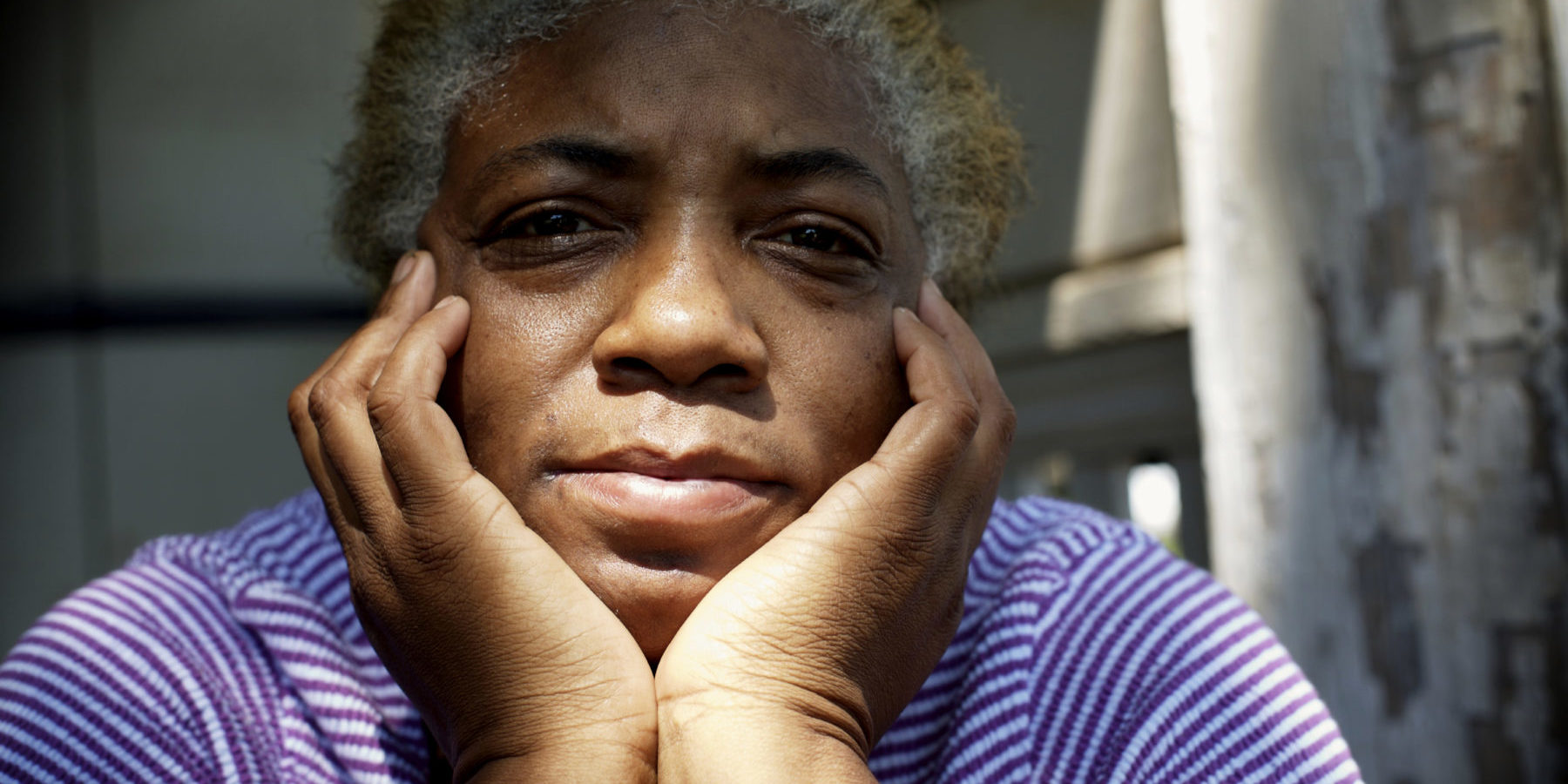This afternoon, Community Legal Services (CLS) and Disability Rights Pennsylvania (DRP) filed a class action lawsuit on behalf of almost 12,000 low-income Pennsylvanians who will lose their only source of income once the General Assistance program ends. The Pennsylvania residents who will lose this vital support are people with disabilities, people fleeing domestic violence, people completing treatment for substance use disorder, and children in the care of non-relatives.
CLS and DRP seek a preliminary injunction on behalf of their clients, before cuts begin on August 1, 2019.
The lawsuit, Weeks v. Department of Human Services, alleges that the manner in which the General Assembly passed House Bill 33, which became Act 12 and eliminates General Assistance, is unconstitutional.
Article III of the Pennsylvania Constitution requires the General Assembly to follow certain procedures when passing laws. These constitutional requirements are intended to ensure that the method of enacting legislation is deliberative, fair, open and orderly. These provisions were adopted into the Pennsylvania Constitution in the late 19th century to prevent legislative corruption.
Act 12 violates Article III, Sections 1 and 3 of the state Constitution, because the final bill contained multiple disparate subjects, and its purpose was improperly changed during the legislative process. Most significantly, the final bill included reauthorization of the Philadelphia hospital assessments, a crucial revenue generating measure, and nursing home Medicaid payments, a provision necessary for the budget, both unrelated to General Assistance.
By “logrolling” the hospital assessments and nursing home payments into the final bill, the bill’s proponents forced lawmakers and Governor Wolf to choose between generating essential revenue for the state and providing life-sustaining support for Pennsylvanians in need. In doing so, the General Assembly violated core principles of fair governance.
Maria Pulzetti, staff attorney at CLS who is leading this litigation said:
“When General Assistance ends, our clients and other people statewide who are struggling to get by will have to go without the basic necessities that General Assistance supports: keeping a roof over their heads; buying deodorant, soap, and toiletries; doing laundry; or being able to take a bus to keep an appointment.
Our clients are telling us they are afraid. Without General Assistance, they may become homeless, or face utility shut-offs. They are afraid of having to return to an abusive partner for a place to stay, and of jeopardizing their recovery from addiction. They are afraid of what will happen to their health when they can’t afford co-payments for medication or transportation to appointments.
We’re asking the court to act immediately to keep the program open, so that while our clients’ constitutional claims are heard, General Assistance participants will not lose their only source of income.”
Disability Rights Pennsylvania is co-counsel in the case because the loss of General Assistance affects people with disabilities, many of whom rely on General Assistance while awaiting SSI or Social Security Disability benefits.
Plaintiffs Jasmine Weeks, Vanessa Williams, Arnell Howard, and Patricia Shallick have provided detailed declarations concerning their need for General Assistance, and the harm they would experience from losing their only source of income. Their declarations are attached to the complaint.
Declarations in support of the request for a Preliminary Injunction, concerning the harm that eliminating General Assistance will cause, were provided by the City of Philadelphia, Broad Street Ministry, Pennsylvania Health Access Network, Just Harvest, United Way of SE PA and NJ, Women Against Abuse, Interim House, and Center for Independent Living of Central PA, among others.
Application for Special Relief
About Community Legal Services, Inc.:
Founded in 1966, Community Legal Services (CLS) has provided free civil legal assistance to more than one million low-income Philadelphians. As the City’s oldest and largest legal services program, CLS represented approximately 12,500 clients in the past year. CLS assists clients when they face the threat of losing their homes, incomes, health care, and even their families. CLS attorneys and other staff provide a full range of legal services, from individual representation to administrative advocacy to class action litigation, as well as community education and social work. CLS is nationally recognized as a model legal services program. For more information, contact 215-981-3731 or visit www.clsphila.org.
Disability Rights Pennsylvania (DRP) is the organization designated by the Commonwealth pursuant to federal law to protect the rights of and advocate for Pennsylvanians with disabilities so that they may live the lives they choose, free from abuse, neglect, discrimination, and segregation. DRP has decades of experience successfully representing people with disabilities in class action and system reform litigation to assure that they have access to the benefits, supports, and services they need to live in their own homes and participate fully and equally in community life. For more information, contact (215) 238-8070 or visit www.disabilityrightspa.org






